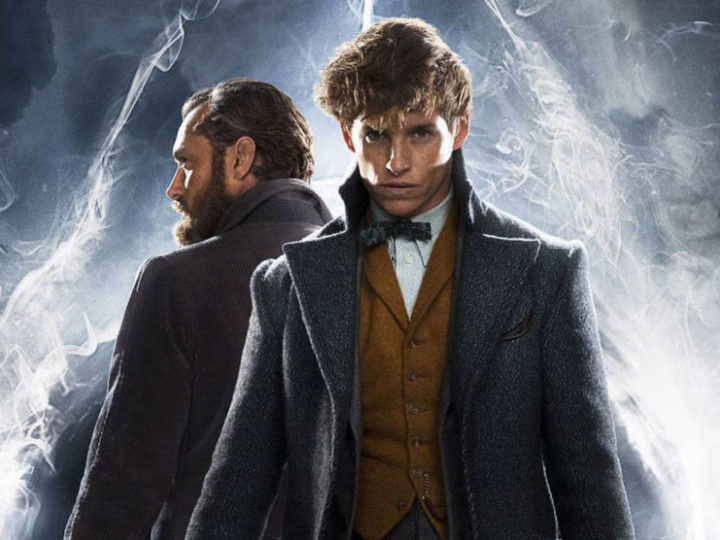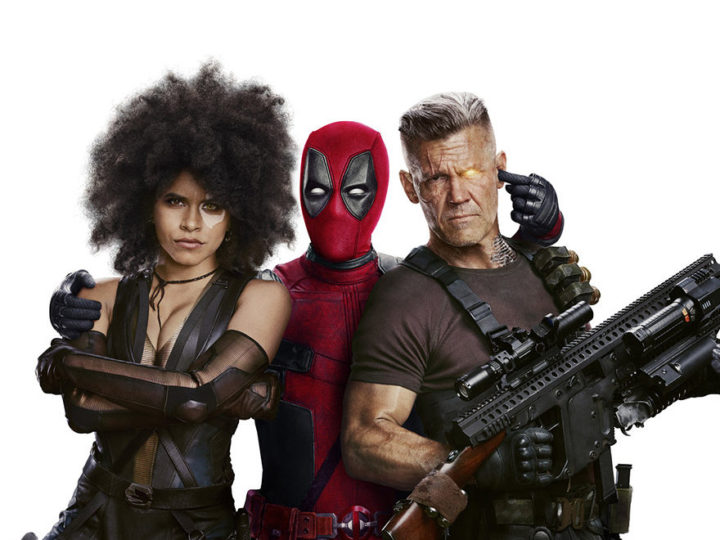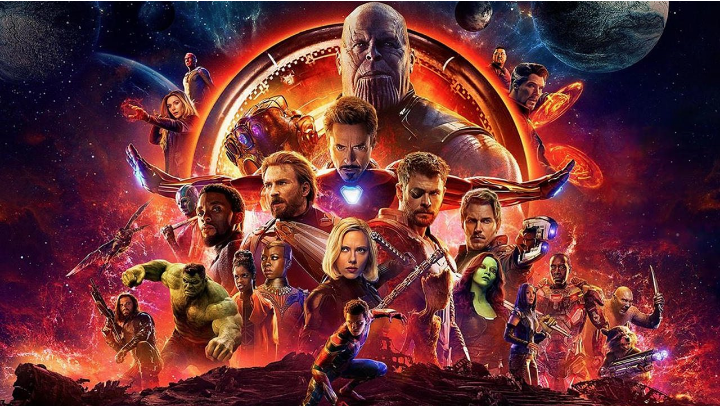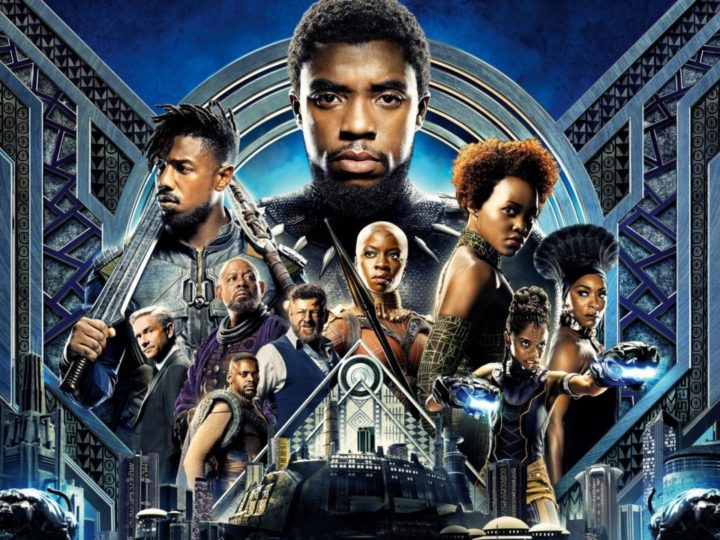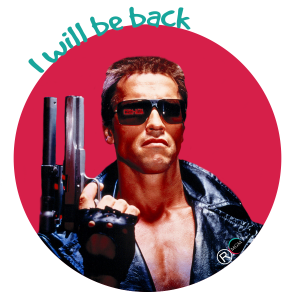
Blade Runner 2049 is the direct sequel to Blade Runner. The story happens 30 years after the original movie in the same post-apocalyptic world.
Even if it is a sequel, it is not necessary to watch the original movie because Blade Runner explains really well the references to it. Of course, if you could see Blade Runner before seeing this one it’s better to get you in the ambience and compare the films.
Blade Runner was groundbreaking back in the 80s and inspired a lot of movies (Terminator, Brazil, The Fifth Element…). It also created the Neo-noir genre (A noir fantastic film) and cyberpunk. Nevertheless, it is not one of my favorite movies.
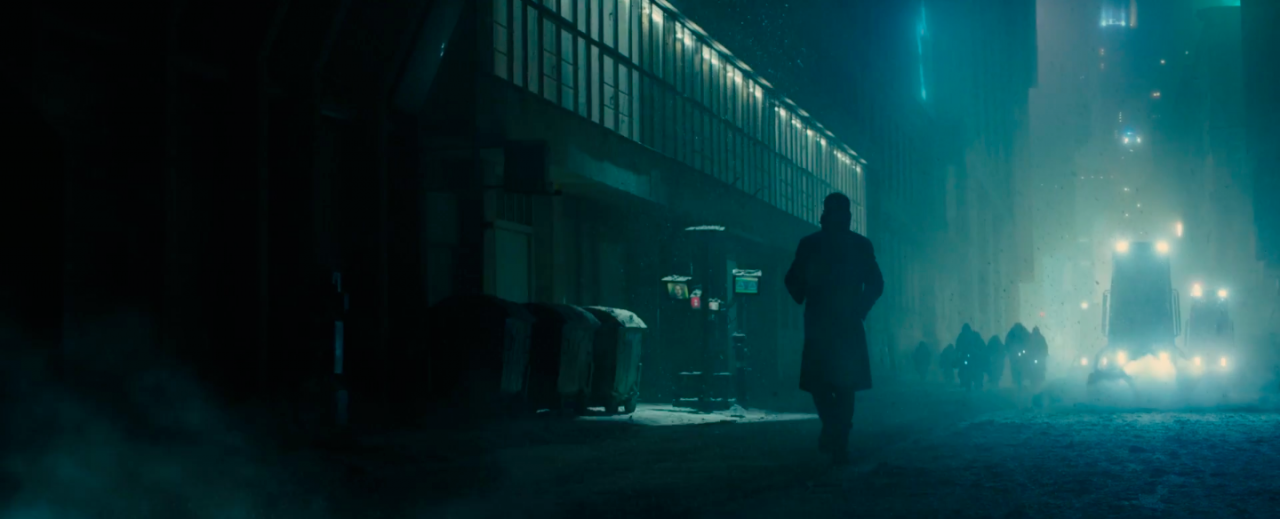
Blade Runner has an incredible visual style with aerial shots of the city of LA and dialogues scenes almost shot in the dark. But when it comes to the screenplay, I’ve found some things odd.
The love relationship between Deckard (Harrison Ford) and Rachael (Sean Young) is not very convincing and is even abusive if one looks closer. It makes the line between good and evil blurry and interesting. But concerning the replicants and their desire to become free, it is kind of hard to relate to them because some of them are just really weird.
All this brings you to Blade Runner 2049. I think it is a brilliant homage to Blade Runner while being the film I wanted the latter to be.
Blade Runner 2049 makes a lot of references to the original movie: the aerial shots, the opening scene, the song “tears in the rain”, the mechanical zoom-ins and the pictures representing a future technology inspired by the past, the car, the same product placement and even some scenes of the first film. Inspired by Blade Runner without copying it, the directing style is breathtaking.
The directing style
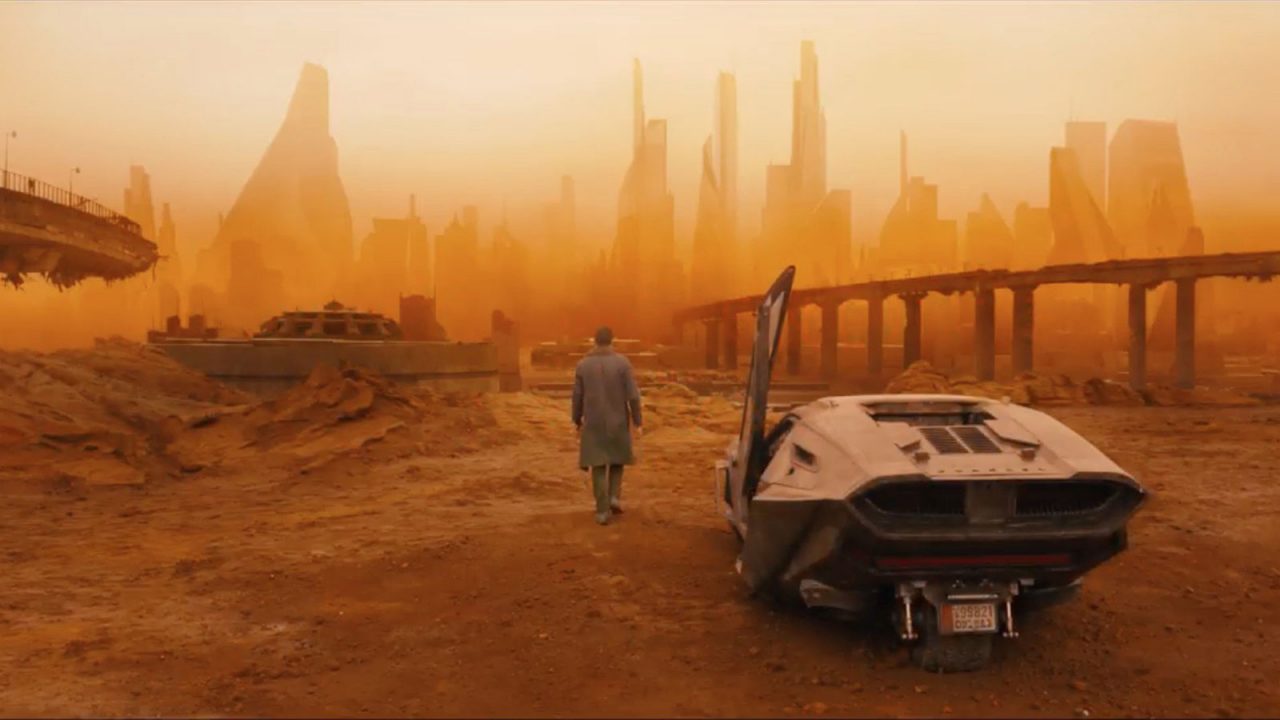
The photography is wonderful. It uses the visual codes from the first film with a lot of colors (blue and orange), some shots half in darkness and beautiful wide aerial shots
The movie looks amazing. The style reminds me of Denis Villeneuve’s last movie, the great “Arrival”.
The director played with the sound a lot. You recognized Hans Zimmer’s style right away. The director also used a lot of saturated sounds followed by one or two seconds of total silence (like the scene with Elvis) that totally takes you by surprise and enables you to feel the hostility of the Blade Runner dystopian world.
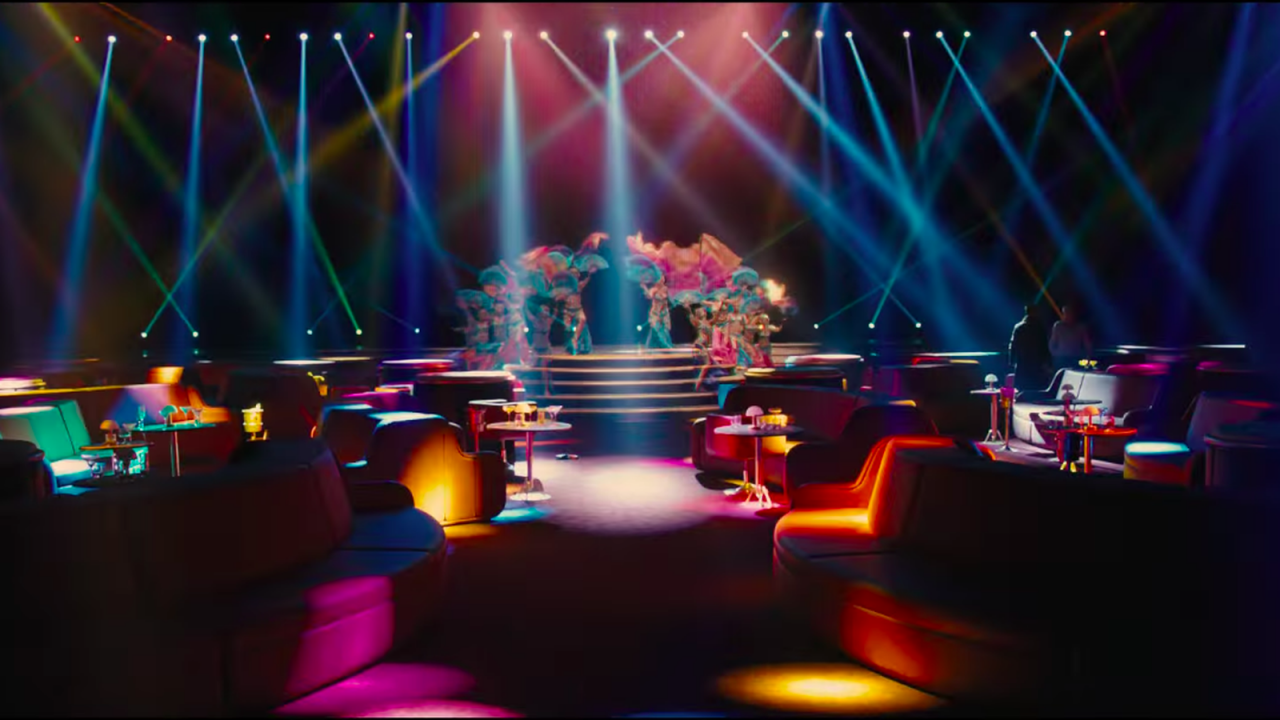
Denis Villeneuve is also a great director of actors. Ryan Gosling perfectly interprets K, a replicant without exaggerating his robot side. He also changes his interpretation as his character evolves. Jared Leto’s part is Niander Wallace, a replicant who makes more “obedient” replicants and delivers a convincing interpretation. The good surprise of the film is Sylvia Hoeks who plays “Luv”, Wallace’s assistant: she is absolutely terrifying.

The story
Some complained about the length of the movie (2h43) and the slow pace. I liked it because it enables you to fully immerse in the atmosphere of the movie and get to know the main protagonist of the story. It also makes the movie more poetic to take time to deliver its story.
In Blade Runner 2049 the main theme is the same as the original movie: what defines you as a human?
You witness the story of Ryan Gosling’s character “K” in his pursuit of his own identity.
K is a Blade Runner, a cop in charge of hunting his own kind: the replicants. He accepts his own condition and wants to conform to avoid the consequences of a rebellion or a simple awakening of the mind. In his personal life, he has a virtual “girlfriend”. In that way, He is already copying humans or wishing to feel something for someone is already there.
A trigger event is going to radically change his life and reveals his deepest desires.
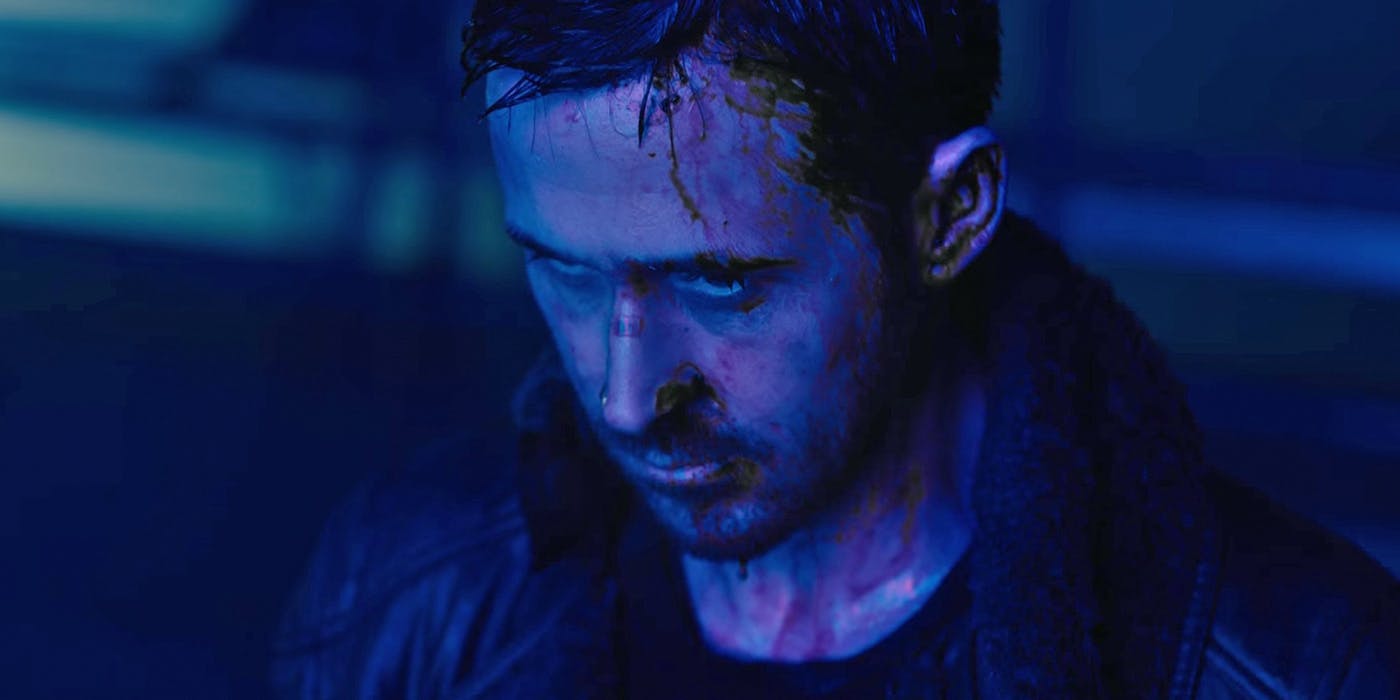
This story about the replicants can be transposed to any story about the human condition in general and racism in particular. How someone just justifies to decide one man is superior to another? In the movie, it is whether the person has been born or made. But in real life, it is “justified” by the skin color.
Here the villains are replicants but those ones have not the slightest qualm about their fellow replicants or the humans. They are emotionless or try to be.
Others think more like humans like K.
The moral of the movie is very clear, even more than in the original movie. The replicants are not necessarily evil or good as humans. Genetics don’t define who you are and what you worth. As depicted in the movie, your actions are what defines you.
To talk more about the movie without revealing key parts of the story is hard, so let’s take a deeper a look at it in the analysis with spoiler chapter.
Analysis with spoilers
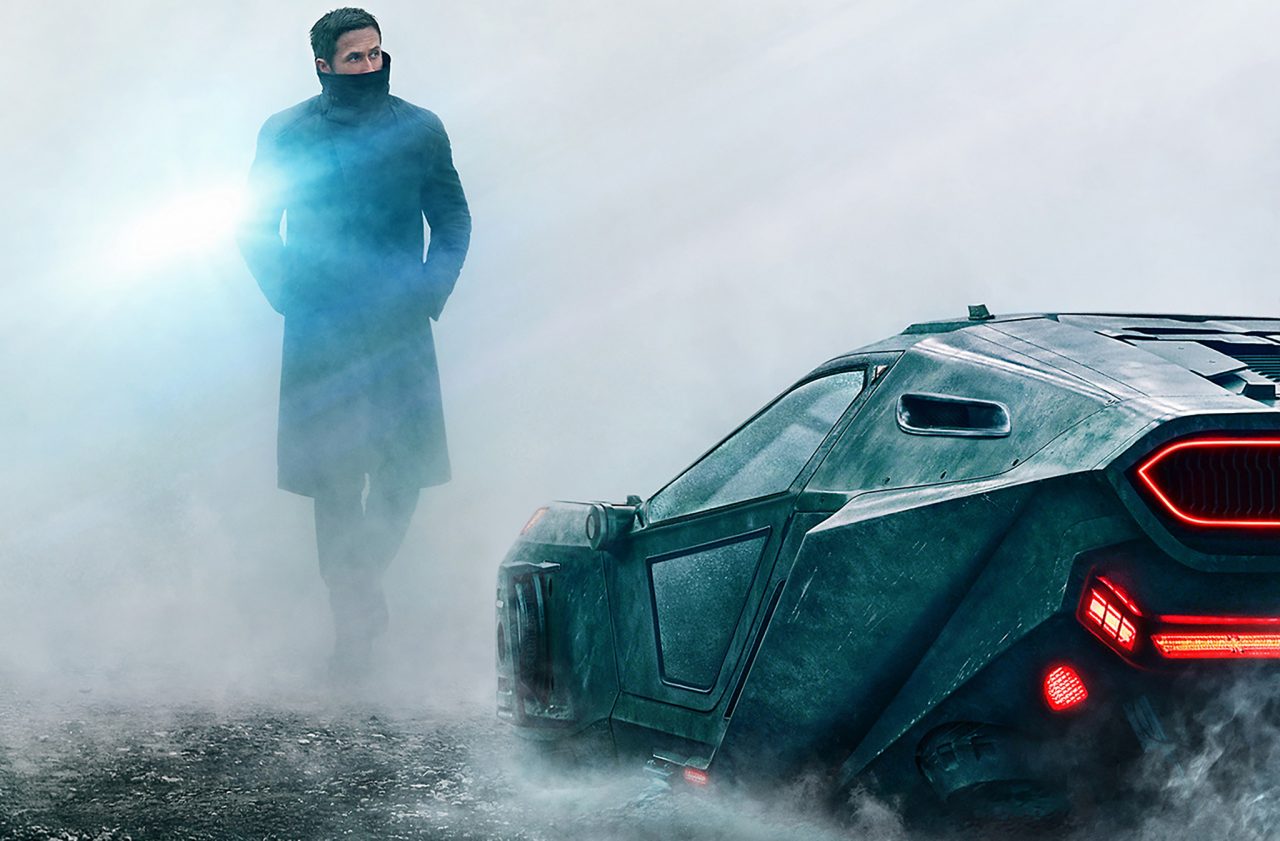
I must admit that for the most part of the movie I thought it was too bad that the screenplay was a bit too predictable until that twist came along!
It is really a nice touch that the screenwriter didn’t follow the typical hero/ common man story who discovers he is special after all.
This kind of story works but you have seen it quite often already.
The fact that there is this revelation make the message of the movie even stronger: no matter if you are special or not, you just need to believe it.
K, even if it is buried inside him, wants to be human. He wants to love and be loved. He wants to matter to someone. This is being human for him.
In believing he is the one (it makes me think about “The Matrix” another movie inspired but Blade Runner), he accepts his human side and his desire to be one.
You notice it when he learns that his memory implant is real. He thinks it’s his and explodes. He shows his emotions for once. The particularity of the replicants is that they are not supposed to have some. A test that pushes them emotionally exists to detect if they are rebellious are not. The replicants don’t have the right to feel, they have to be obedient and passive. Another way of keeping them as slaves.
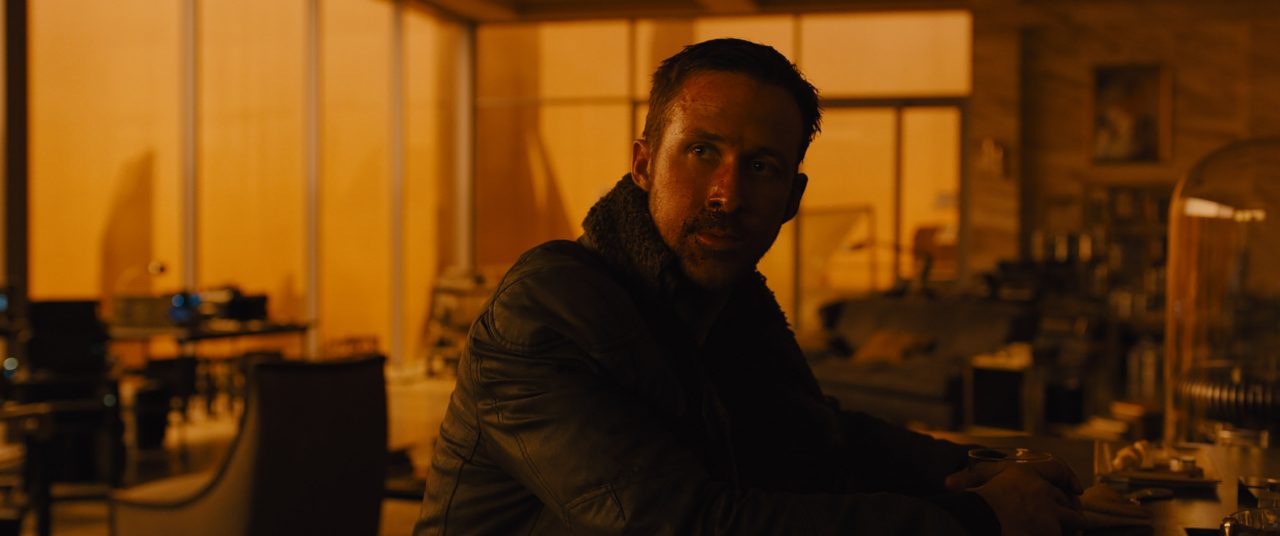 K stars to dream he is one of a kind and becomes more human.
K stars to dream he is one of a kind and becomes more human.
At the end of the movie, he knows Deckard is not his father but he helps him anyway. Deckard is surprised and asks him why he sacrifices himself for him: “who am to you?” K smiles and doesn’t answer. Because it doesn’t matter, the most human thing he can do is to die for what he believes in.
In Blade Runner 2049, the difference between replicants and humans is more blurry than in the original Blade Runner.
The characters are not identified as belonging to one group or the other. There are no visible traits like the peculiar eyes of the replicants, you guess who they are with their behavior.
It is another way to show you that they are very much alike and that one should not dominate the other.
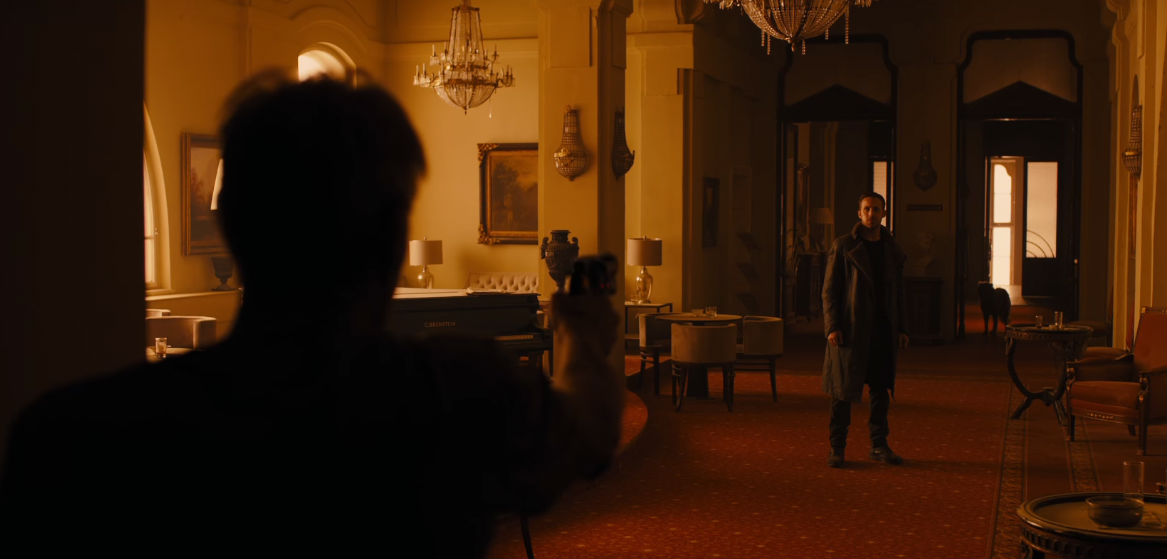
Humans justify this superiority because there were born not made but in this movie you see that replicants can also be born. It can change everything.
What I liked about the movie is that the villains were replicants and not humans. It is not about condemning a group rather than the other.
Blade Runners’ very existence is questionable and some humans act with decency too. Here the biggest antagonists are Wallace, the mad creator of new replicants and his terrifying assistant “Luv”.
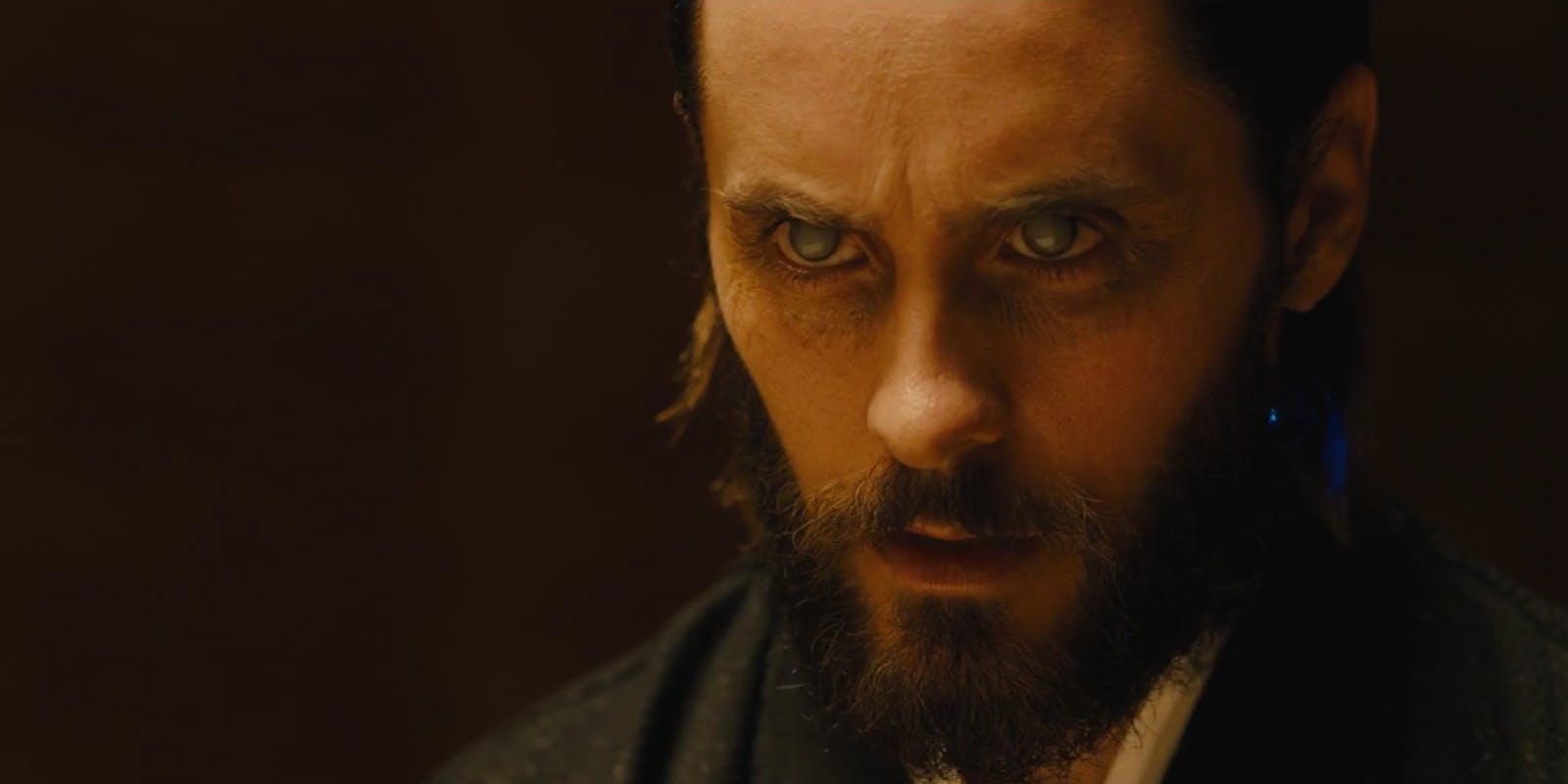
She seems cold and without any emotions but she cries when Wallace killed a replicant and she reacts when K mentions she has a name. She always brags about being the best one which means Wallace’s favorite.
Once again, the lack of emotions is just a facade. Deep inside she feels things like a human. Her desire to be loved drives her mad.
It is not because she is a replicant that she is not dangerous (even if it makes her physically stronger) but her very human desire of being loved.
Replicants like humans want to be loved and in this dark dystopian world, everyone is alone. Replicants and humans share the same fate in this department.
Paying to have a virtual companion is something K does but he is not the only one.

The chief of police (Robin Wright) is also alone and tries to seduce K (who pretends he didn’t get it because he is an android^^)
Once again, replicants and humans want to be loved.
Blade Runner 2049 perfectly demonstrates the fight for what someone believes in, the fight against discrimination, slavery, racism and try to define what it is to be human.
End of the spoilers
To sum up, I really recommend seeing this film even if you didn’t see or even didn´t like Blade Runner. I also recommend Villeneuve’s previous film “Arrival”.
Concerning a sequel to this film, the screenwriter has already a story. The problem is the disappointed results of Blade Runner 2049 at the box office considering its budget ( about $150 million) so not sure another film will be greenlit…
Let’s wait and see.
Actors Performance
Directing
Screenplay
Soundtrack
Final Note


